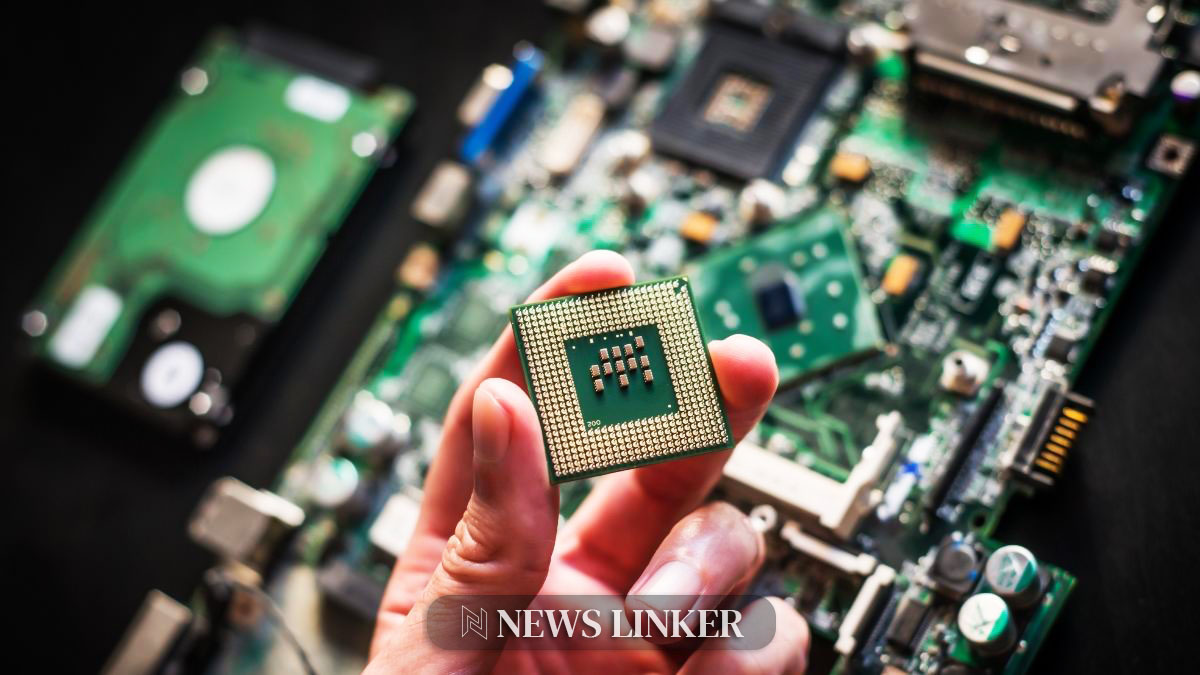In a surprising twist of events, vending machines in Japan, traditionally known for dispensing toys and snacks, have taken a leap into the technology sector. Recently, a viral video revealed a Gachapon machine offering Intel CPUs for an astonishingly low price of 500 yen (approximately $3). This unconventional mode of tech distribution not only captivates tech enthusiasts but also raises questions about the implications for the consumer electronics market.
Why Are CPUs in a Toy Machine?
The idea of selling computer processors in a capsule toy machine may seem odd at first, but it reflects a broader trend in Japan’s unique approach to retail. Gachapon machines are immensely popular in Japan, offering everything from anime figurines to live plants. By stocking CPUs, these machines cater to a niche market of tech hobbyists looking for a bargain and the thrill of randomness.
What Does This Mean for Tech Consumers?
For consumers, the availability of low-cost CPUs in vending machines could democratize access to technology, allowing more people to experiment with building and upgrading computers. However, it also poses questions about the quality and warranty of such products, as traditional purchasing channels offer more consumer protection.
Is This Sustainable for Tech Companies?
From a business perspective, the sale of CPUs in Gachapon machines could be a novel marketing strategy or a way to clear out inventory. Yet, the sustainability of this trend is debatable. Tech companies might need to consider the long-term impacts on brand perception and pricing standards in the market.
Exploring the broader context, similar unconventional sales tactics have surfaced over time. For instance, the introduction of electronic components in random retail environments has occasionally occurred during clearance or promotional periods, but never to this extent. This could set a new precedent in how technology products are perceived and purchased globally.
Additional insights can be drawn from “The Guardian” in an article titled “Japan’s Unusual Vending Machines” and “BBC News” discussing “Tech Trends in Asia”. These articles highlight the innovative retail practices in Asia and suggest a growing acceptance of unconventional sales methods that could influence global market trends.
A scientific study published in the “Journal of Consumer Electronics Marketing” titled “Innovative Retail Strategies in Technology” supports this notion. The study argues that such strategies enhance consumer engagement and can lead to higher impulse purchases, adding a new dimension to consumer behavior analysis.
Key Takeaways for Tech Enthusiasts
The introduction of CPUs in Gachapon machines represents more than just a viral phenomenon; it could potentially reshape buying patterns and consumer expectations in the technology sector. While this approach may attract a new wave of DIY tech enthusiasts, it also necessitates a careful evaluation of consumer protection and product quality standards. Moreover, it invites tech companies to rethink how they engage with a global audience, possibly inspiring more creative and accessible ways to market technology in the future. Ultimately, such innovations in retail could pave the way for more inclusive tech access, provided consumer rights are safeguarded.










